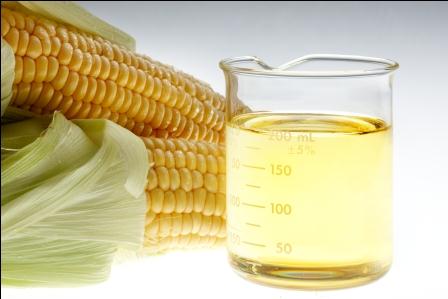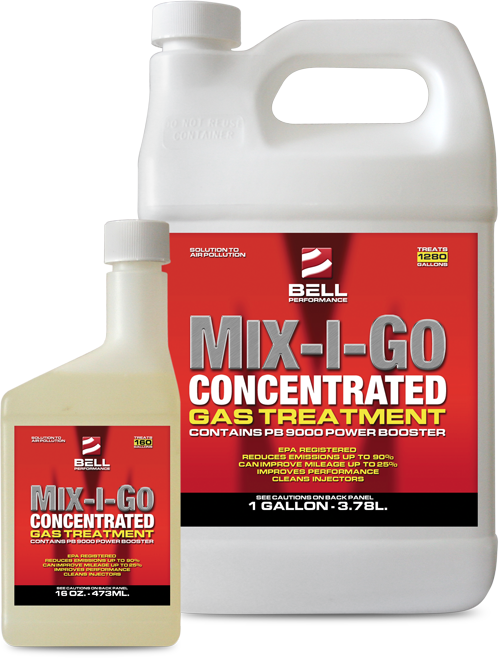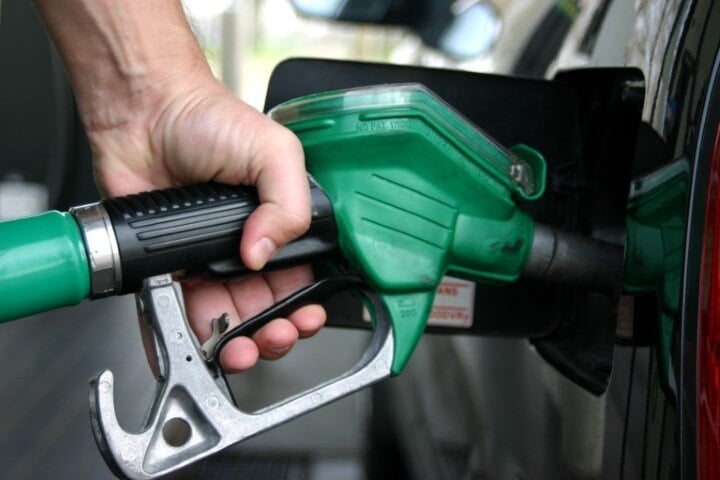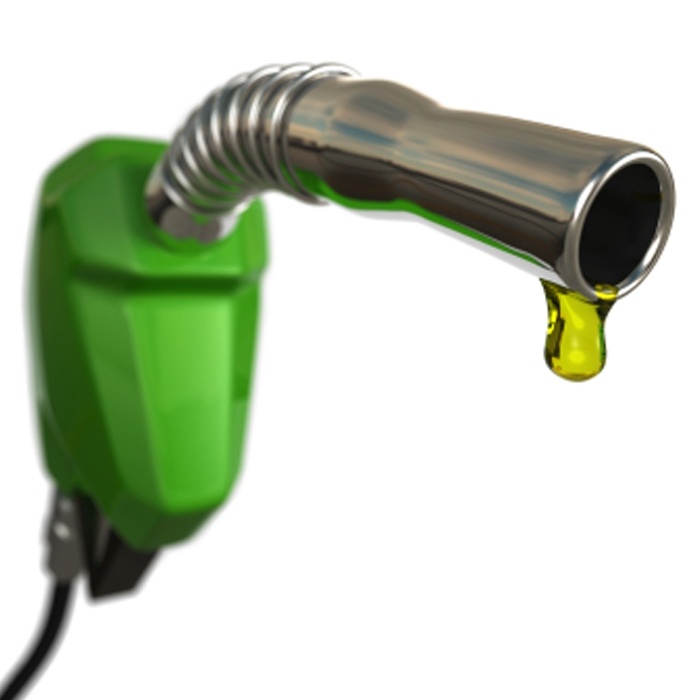Gas Station Owner Uses Mix-i-Go Instead of Looking for Ethanol Free Gas
An article recently appeared in The Chronicle in Lovell, WY. Jim Minchow, owner of Minchow's Service talks about gas prices but his comments about...

The history of ethanol's use as fuel in the United States predates any waivers and mandates that may have come around in the last 30 years. Ethanol use goes way back to the late-19th century, as it was the preferred fuel of choice in the first automobiles, even before gasoline. But it's the last thirty years that have defined the national fuel picture as you probably now know it.
 If you go back to 1978, you see the EPA issuing a ruling that defines the maximum (not the minimum) concentration of ethanol in gasoline at 10%. This didn't really influence how much ethanol was found in the national gas supply until the Renewable Fuel Standard was passed, 27 years later. This "RFS" legislation took the unprecedented steps of mandating a certain amount of renewable fuels like ethanol that had to be included in the national fuel supply. The Standard dictated that 7.5 billion gallons of renewable fuels had to be used by the year 2012. But that amount was actually increased just two years later, with dramatic increases in required amounts. Instead of 7.5 billion gallons by 2012, the new law required 9 billion gallons by 2008 and increased it to to 36 billion gallons by 2022.
If you go back to 1978, you see the EPA issuing a ruling that defines the maximum (not the minimum) concentration of ethanol in gasoline at 10%. This didn't really influence how much ethanol was found in the national gas supply until the Renewable Fuel Standard was passed, 27 years later. This "RFS" legislation took the unprecedented steps of mandating a certain amount of renewable fuels like ethanol that had to be included in the national fuel supply. The Standard dictated that 7.5 billion gallons of renewable fuels had to be used by the year 2012. But that amount was actually increased just two years later, with dramatic increases in required amounts. Instead of 7.5 billion gallons by 2012, the new law required 9 billion gallons by 2008 and increased it to to 36 billion gallons by 2022.
If you noticed above, there was a subtle shift in language from the 1979 law to the 2005-2007 laws. The earlier law talke about how much ethanol was "allowed" to be in gasoline. The more recent laws talk to "mandates" - drivers being required to use ethanol. This has been great for the ethanol lobby, who pushed for an increase in the allowable ethanol concentration to make sure the 10% limitation didn't restrict their growing market.
Of course, as has been noted many times year, various groups immediately opposed any rise from 10% to 15%. Car makers were really concerned about damage, but despite their objections, the EPA approved E15 fuel for a certain number of newer cars. But the adoption of E15 has been much slower than expected, in part because so many people were so concerned about E15's damage to small equipment, boats and older cars.
Analysts like Robert Rapier are predicting that E15's slower-than-expected introduction may force some intense political lobby from ethanol groups, in order to force a requirement - mandate - for its use. Rapier commented as such:
"But I also predicted that once the waiver was granted, the next step would be for the ethanol lobby to ask for an E15 mandate. Some people argued that this would never happen. After all, how could the EPA force consumers to purchase fuel that many automakers have said would void their warranties? In response, I remind people that the EPA recently required gasoline blenders to blend nonexistent volumes of cellulosic ethanol. So it could definitely happen.
The ethanol lobby is now becoming more vocal in their calls for an E15 mandate. In a recent NPR story — EPA’s Push For More Ethanol Could Be Too Little, Too Late — chief ethanol lobbyist Bob Dinneen, who is President and CEO of the Renewable Fuels Association, continued to complain about the oil industry’s failure to embrace the ethanol industry:
Dinneen says this is the way Congress envisioned the mandate working: more and more ethanol over time in a gallon of fuel, and less and less petroleum.
“This is about market share,” Dinneen says. “This is about their profitability; it’s not any more complicated than that.”
Apparently, irony is lost on Dinneen — or he really is that big of a hypocrite — because it’s also about the ethanol industry’s market share. It’s about their profitability. Or does Dinneen want us to believe that his motives are as pure as the driven snow? That he isn’t being driven by his own fat salary — reportedly $469,332 in 2011 (available at http://www.guidestar.org/)? Incidentally, another irony is that because ethanol is mandated, we are all chipping in for Dinneen’s salary."
Ethanol supporters like to answer criticisms of the fuel by accusing those critical of it as being in the pocket of Big Oil. But for a number of those critical of ethanol fuels, it has everything to do with the ethanol industry needing government subsidies to make it in the marketplace. No doubt there will probably be some responses to this blog article talking about why this is a good thing in the long run. It's going to be hard for ethanol supporters to win over those in opposition without acknowledging this. The ethanol industry has been one of the largest corporate welfare recipients of modern times. There would be a lot fewer people up in arms about ethanol if it didn't rely so much on a forced market created by government mandates to make people use it.

An article recently appeared in The Chronicle in Lovell, WY. Jim Minchow, owner of Minchow's Service talks about gas prices but his comments about...

Now that drivers spent 2011 learning about how bad ethanol was for them, the big question in 2012 is going to be where can I find gas without...

A big difference between the fuels of today and the fuels of yesteryear is the need to protect the fuel quality of today's fuels in storage through...